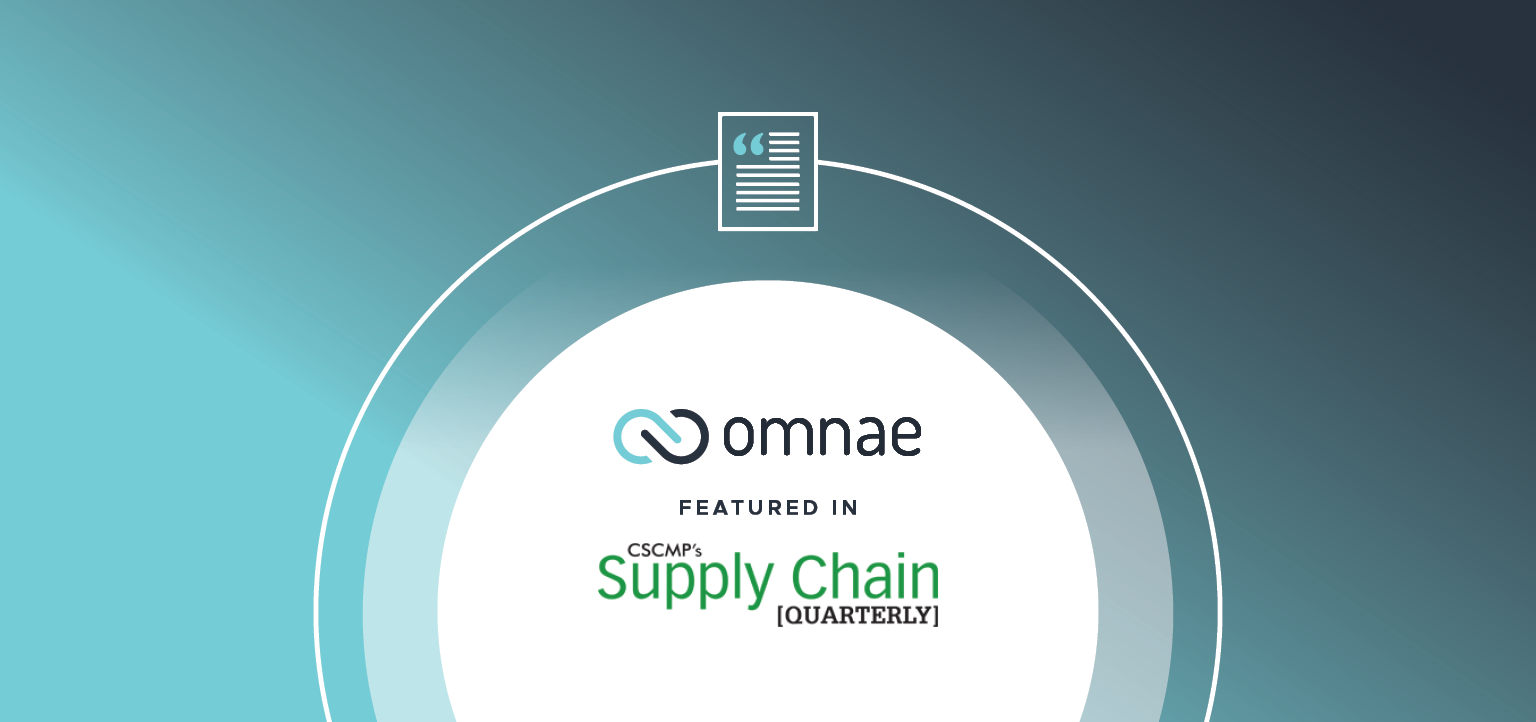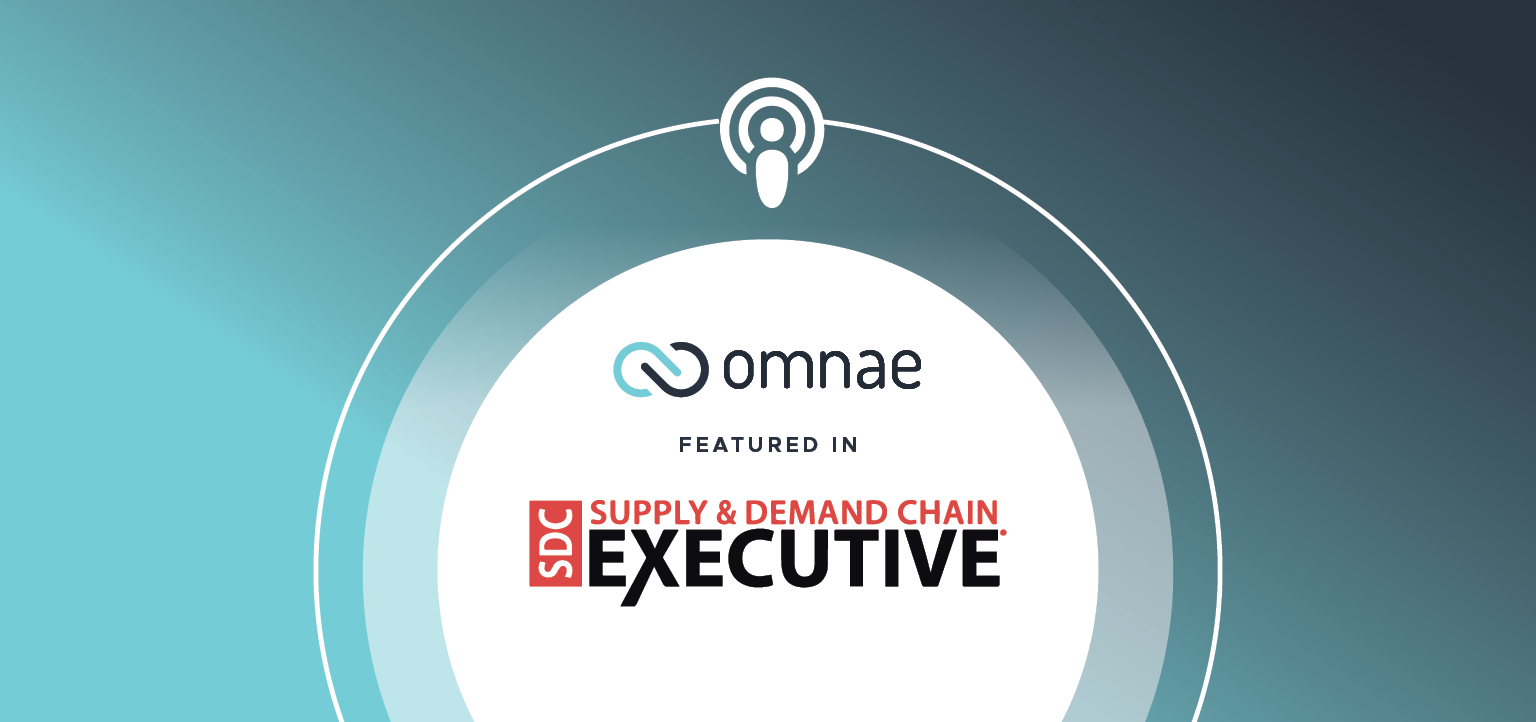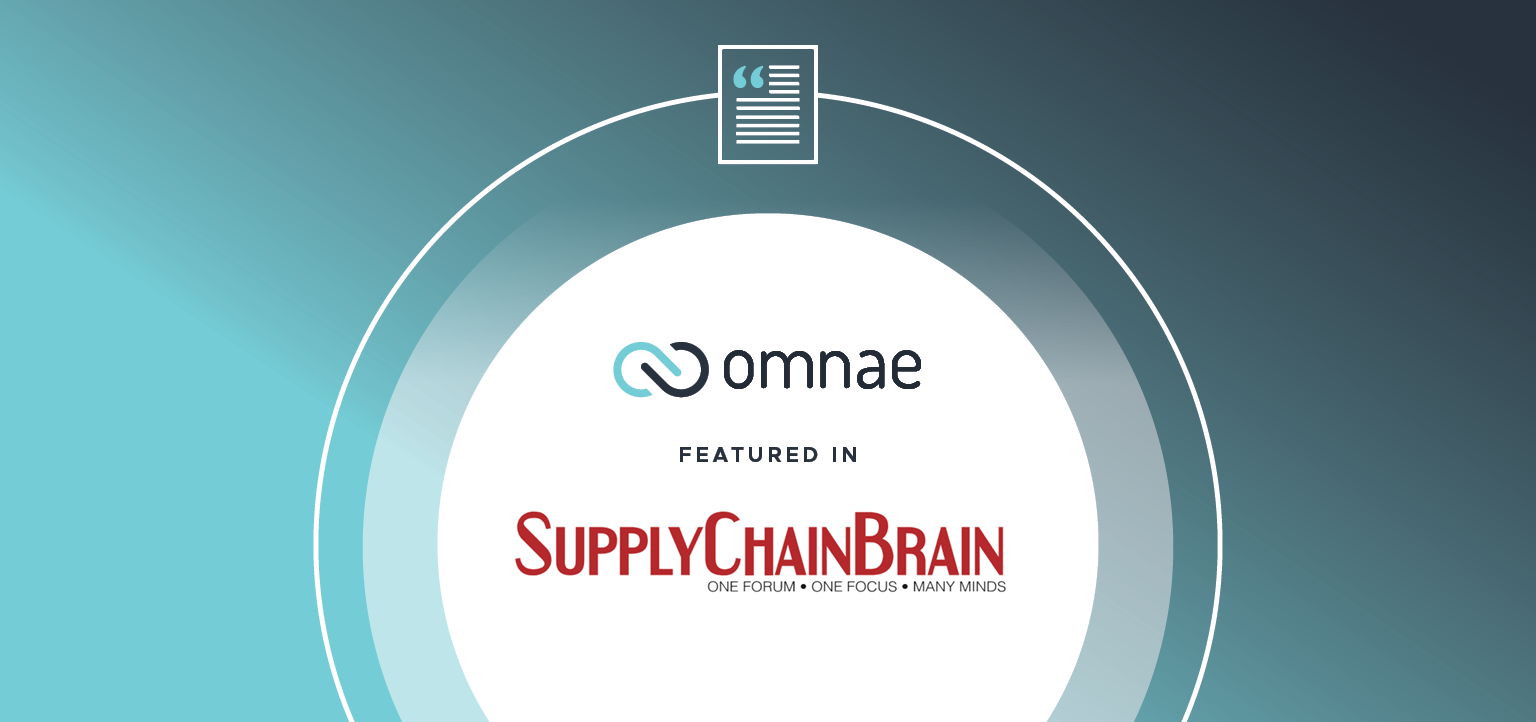Collaboration is steadily emerging as a 21st-century buzz word within the manufacturing industry, but it is often plagued with generalized quasi-understanding. Is it data sharing? Is it software integrations? Is it minimalist iconography of shaking hands?
Collaborative Supply Chain Management can mean all of those things. Most importantly it means adopting tools and processes to develop meaningful, strategic, and mutually beneficial relationships with your internal team, your outsourced partners, and the global network of manufacturers.
| Supply Chains of the future are collaborating
The supply chains of the world are rapidly decentralizing and becoming more complex and sophisticated. Manufacturing experts are beginning to look at their supply partnerships as interconnected webs of suppliers, producers, and customers, rather than linear buyer/seller links in a chain. As this networked perspective takes hold, the traditionally defined Supply Chain will morph into a Supply Web.
Technologically, however, companies are not keeping up to this increase in complexity. A shocking 94% of SME global manufacturers have no system in place to manage their supply chains beyond email threads, spreadsheets, PDFs, WeChat, and fax. Sound familiar?
Harnessing the Supply Web and creating processes to behave as one requires innovative technology that fosters collaboration on several levels. In order to create true collaboration, companies need to collaborate internally, with their partners, and with the global Supply Web
Internal Supply Chain Collaboration
Internal collaboration for supply chains means utilizing tools that decrease siloes and boost efficiency and communication between your team members. Implementing this means adopting systems and procedures that allow your team members to work together on multiple projects without repeating data entry or tasks.
An internal collaborative supply chain management system would allow many functions within your team to work together on a single platform and perform different tasks, including:
- CXOs – Gain full visibility into supply chains to mitigate risks, reduce costs, and make proactive decisions. Centralize oversight and reporting.
- Engineers & Designers – Upload your specifications and collaboratively review and revise your products for manufacturability and manage NCRs.
- Purchasers & Procurement – Source new vendors or work with existing partners. Submit RFQs, manage bids, and keep track of order statuses in one place.
- Quality Management – Manage and report quality metrics for all your parts and partners and easily resolve NCRs.
- Logistics Management – Track order progress and shipping, coordinate drop-shipments and manage billing and courier accounts.
- Inside Sales and Customers Service – Find new customers or support existing ones. Receive and manage RFQs, bids, and quality inquiries.
By supporting all these functions under one roof, collaborative technology can centralize data and file management in order to boosts efficiency and synchronization of internal teams by:
- Vastly reducing data entry and replication across multiple spreadsheets
- Eliminating sending/receiving and potential misplacement of files and critical data via email
- Creating visibility into entire product lifecycles
External Supply Chain Collaboration
External collaboration for supply chains means implementing tools and methods of communication that allow you to share data, workflows, and strategic information between outsourced partners – all around the world.
This means utilizing a digital platform that operates for both vendors and customers and allows each to perform their own functions in synchronization with their partners. In today’s marketplace this kind of technology takes two primary forms:
- Large, resource-intensive ERP integrations
- Lightweight cloud-based SCM platforms
There are advantages to both of these categories, and which suits your company depends entirely on your available resources, time, and structure. However, as digital SCM technologies get smarter and more accessible, the wisdom behind spending multiple years and potentially multiple millions of dollars on a robust ERP integration is being questioned.
The advantages of inter-company collaboration are numerous. Most saliently, it creates a centralized and transparent shared single source of truth that ensures you and your partners are always in agreement and synchronization on:
- Data management procedures
- Part Specifications
- Revisions
- Order Details
- Pricing
- Shipping and Delivery Dates
- Quality Control
- Forecasting
- Strategic Adaptations
| Global Supply Web Collaboration
Global Supply Chain Collaboration truly means the creation of a Supply Web. Technology that allows for inter-company, multi-tier collaboration creates a web of visibility across all contributors to a product and global production as a whole.
Global outsourcing has historically been shrouded in a mindset of scarcity: brands closely coveting their supply chains and guarding all quality and output data in order to maintain confidentiality and security. The downside to this is an industry that is fraught with non-accountability, information siloes, and a complete lack of governance and transparency.
By reversing that mindset – and adopting technology that can make it happen – to one of transparency, interconnectedness, and accountability the manufacturing industry will flourish as one of continuous improvement, ethical best practices, and global standardization.
Not only would it benefit the companies and workers of the world, but it would also benefit the companies that participate in it by:
- Increasing efficiency with standardized processes
- Creating visibility across the entire production of goods, from raw materials all the way to consumers
- Distributing proactive warnings if there is a disruption anywhere in the supply web
- Providing a competitive advantage to companies with provable reputable supply chains

| The SCM technologies of the future are driven by collaboration
The technologies that will allow your team, partners, and industry to collaborate are emerging and they are lightweight, collaborative, and digital. Companies and brands that adopt these technologies proactively will become the most resilient and adaptable. With collaborative digital technology moving into the supply chain world the question really comes back to you: will you innovate and grow with this changing industry or will you keep digging through your email to find that lost revision?
Ready to see what the future of supply chain management looks like? Book a Consult today.






